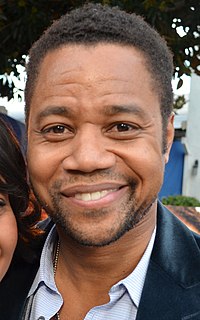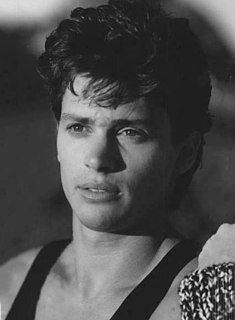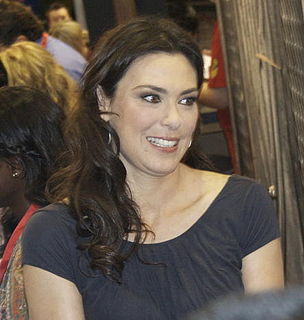A Quote by Asa Butterfield
When you're working in the industry, and you're working with people who are well known and are so regarded, you do just pick up on things. Talking to people and hearing their stories, you learn a lot.
Related Quotes
That's just like America. It's made up of lots of different people. We're all different colors, different ages, we do different jobs -- but it takes all of us black people, white people, brown people, men and women, young and old, working in the factories, working in the fields, working in offices, working in stores -- it takes a lot of different kinds of people to get the job done for America.
The really successful work in England tends to be working-class writers telling working-class stories. The film industry has been slow to wake up to that, for a variety of reasons. It still shocks me how few films are written or made in England about working-class life, given that those are the people who go to movies.
I really loved working with Michael Caine. He's a really skilled and experienced actor. I learn something from everybody, but when you work with somebody like that, you actually learn things you can put in your toolbox, things about craft. Not necessarily life lessons, but actual things he knows that you can pick up.
For me, working in the fashion industry is about getting to meet the minds behind the brands. Sure, there are nice dinners, events and shows - even the occasional freebie - but the best part is getting to sit down with and talk to people that have done great things. You quickly realize that no matter who you're talking to, how famous, brilliant or wealthy they are, they are just "people."


































